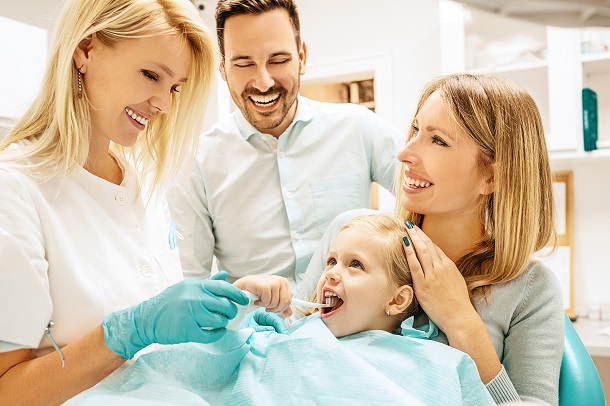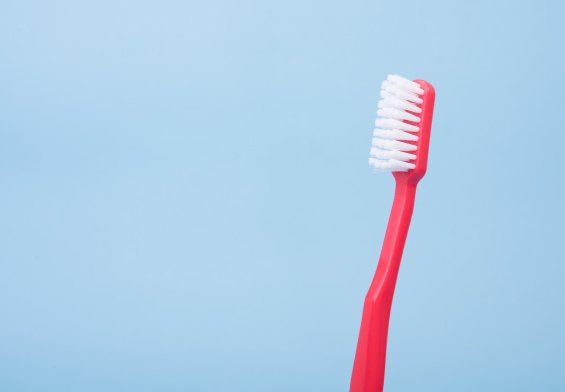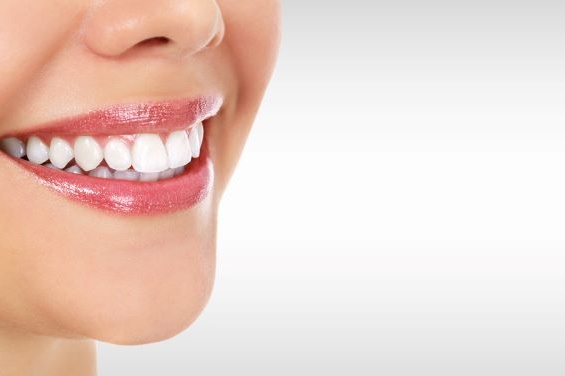Babies don’t need to see dentists, right? After all, they don’t even have teeth! Actually, babies do need dental checkups, and in many cases, the sooner the better. Okay, so you don’t have to grab baby and run to the dentist as soon as you get home from the hospital. However, it’s important to know that you also shouldn’t wait until your baby has her teeth before you schedule her first appointment. In fact, according to the American Dental Association (ADA), you can schedule your baby’s first dental visit as soon as you see that first little tooth surfacing. This event typically occurs before her first birthday. Here’s more information from dentists in South Orange that is especially helpful for new parents about baby’s first teeth, how to care for baby’s mouth, and when to whisk your little one off for her first dental checkup.
Your baby’s first dental checkup
Babies don’t need dental care just when they get teeth. They need dental care long before, for the simple reason (duh!) that they have mouths. Dentists agree with the American Dental Association that baby should have her first dental checkup by her first birthday. Try scheduling that first appointment as soon as you see baby’s first tooth surfacing. The ADA reports that tooth decay in America’s kids is occurring in about 40 percent of them by age five. Regular dental visits that start before that first birthday are an ideal precaution against issues with your child’s teeth, especially since a dentist can see problems long before you can. Take your baby to a dentist who specializes in treating infants, toddlers, and older children. Be sure you and your child both feel comfortable with his dentist. In order to decide your level of comfort and trust in a dentist, take all your questions about your baby’s best oral hygiene routine with you to your baby’s first checkup.
Before your baby gets her first tooth
Your baby’s teeth likely will require about the first two years of her life to fill in two rows of teeth. Meanwhile, it’s up to you to take care of not just her teeth, but also all the surrounding structures inside her mouth. Chewing, speaking, smiling… these are all vital functions of teeth for not just her future adult teeth, but also her well-being. Beginning proper dental care immediately is the key to optimal oral hygiene. It’s also vital for getting her off to an early start in learning to care for her own mouth and teeth as she gets older. Even before you see her first tooth surfacing, care for her gums by moistening a clean cloth or new piece of gauze with lukewarm water and gently wiping her gums before each feeding as well as at bedtime. This practice removes bacteria the way brushing will when she’s older.
After your baby gets his first tooth
Now that you see your baby’s first little tooth surfacing, it’s time to begin gentle brushing with a soft toothbrush. Ideally, you can choose one of the many toothbrushes designed specifically for babies. Start by wetting the toothbrush with lukewarm water. You can add a pea-sized amount of toothpaste that doesn’t contain fluoride when your baby’s around a year old. (You can begin using fluoride toothpaste at about age two.) Brush his tooth or teeth gently, top, bottom, front and back. Do this yourself until he can hold the toothbrush by himself, and always supervise until you know he’s brushing at least twice a day and you know he’s doing it right (typically, until about age five or six).
There’s a whole new world of information you need to know when you become a new parent. Burping, feeding, nap time, crying, and the list only grows as your infant grows. One of the most important things you need to learn about in order to care for your baby is how to properly care for his teeth. Because baby’s teeth and mouth are so different from your own, it’s vital to learn as early as possible how to care for his first little teeth, how to care for his mouth before he gets those first teeth, and when you should begin scheduling his first dental checkups. Dentists in South Orange recommend taking your baby for his first dental appointment when you start to see that first little tooth break through, at least by age one. For more information about ideal oral hygiene practices for babies, consult with a dentist.




